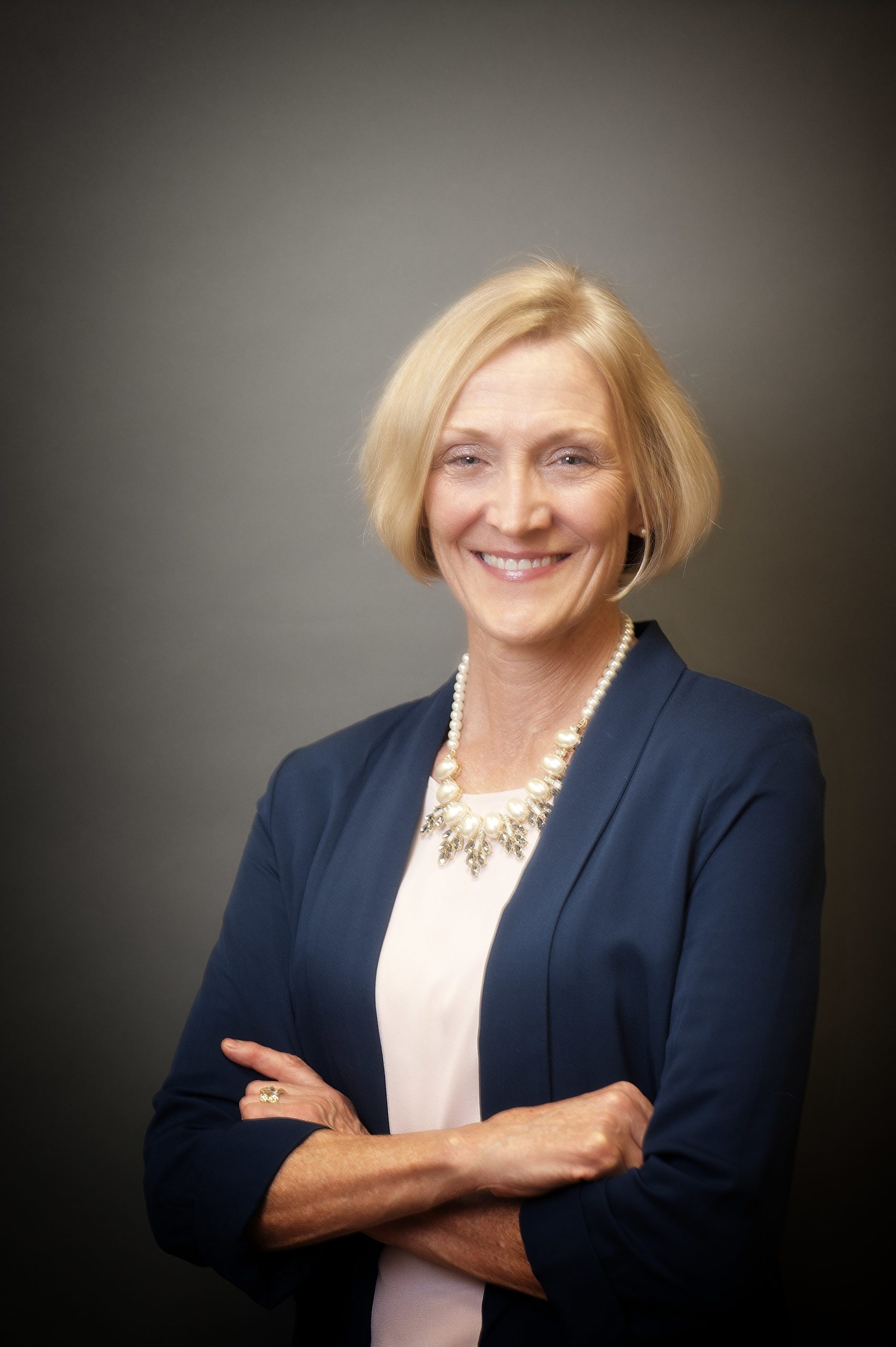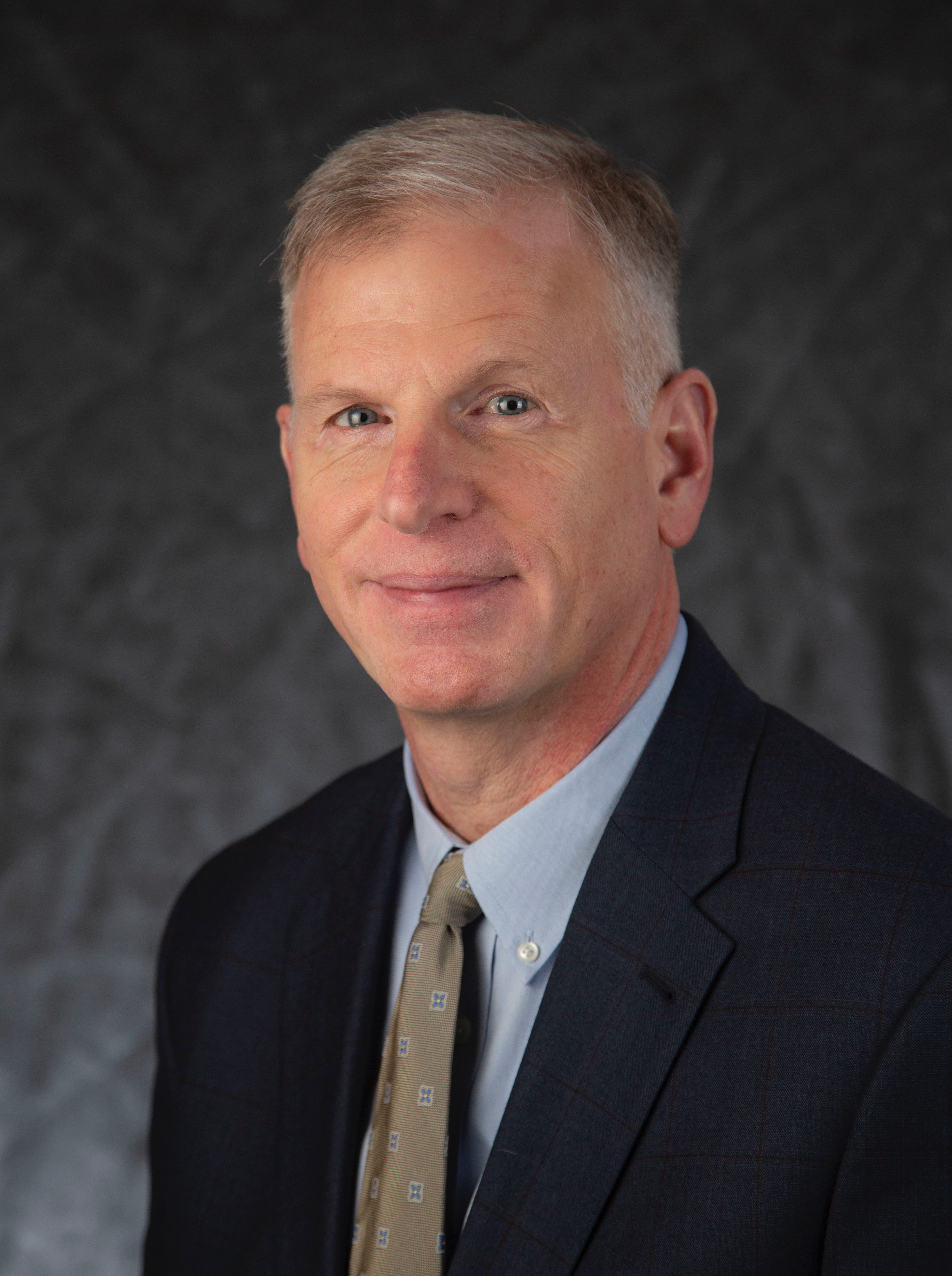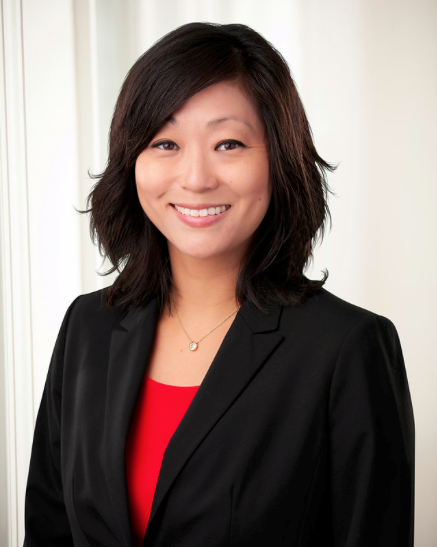Cover Story

COVID-19 and Practice Management—The Member Perspective
We asked three Curi member physicians, “How has COVID-19 changed the practice of medicine for you?” Here’s what they had to say.
It’s been more than a year since the World Health Organization declared COVID-19 a pandemic, and for many of our members, one thing has become absolutely clear—the way they practice medicine will never be the same.
To better understand the unique experience of physicians across various specialties, we sat down with three Curi member physicians—Dr. Joanne Fruth, Dr. John Hiehle, and Dr. Caroline Wilds—to discuss some of the ways the pandemic has changed how they view the practice of medicine.

Dr. Joanne Fruth
“Well-being took on an important role during this pandemic. Early on we recommended that providers take time for themselves to ensure they are rested, eating well, exercising, and remaining intentional—and that will continue to be important both now and in the future.
“My fear is about the chronic downstream costs for many patients. Mental health issues may become their own pandemic as emotional stability is threatened by food insecurity, lack of socialization, and unemployment. It’s going to be important for healthcare providers to prepare for this looming threat.
“Beyond medicine, I think this pandemic brought along a societal transformation across all communities that historians will look at. We’ve seen changes in social justice awareness and reform of many institutions, and I think we can see that it’s all connected. I think the stars aligned and it has changed many things not just for physicians, but everyone.”

Dr. John Hiehle
“Things have certainly changed since the early days of the COVID pandemic when we were simply overwhelmed by the volume of patients and risk of infection was a looming threat. Today, we have adapted to these challenges and learned effective ways to mitigate risks while still providing quality care to patients. However, connecting with patients is a significant challenge, particularly with the use of masks that obscure facial cues during conversation. We’ve had to adapt to this new normal, recognizing the number one priority is to protect ourselves and our patients from potential infection.
"It was also critical that our practice leaders learn how to make sure all staff feels cared for, heard, and safe during this time, and our practice even took multiple steps to make this happen, including providing counseling for any staff in need via the psychiatry department. Together we’ve learned ways to overcome many challenges during this anxiety-inducing time, and it has made medical professionals that much more agile and prepared for the unexpected.
“In a way, it’s been somewhat of a privilege to be an important player in this historic event as a frontline healthcare worker. This is unlike any experience in recent history, and we will likely never see anything like it again in our lifetimes.”

Dr. Caroline Wilds
“From the start, my practice’s biggest concern was figuring out how we can both treat COVID patients while still being there for our patients with chronic medical conditions. So, in early March of 2020, we created a COVID task force that would drive new initiatives to make care accessible to our patients, allowing us to quickly pivot to various solutions such as telehealth, screening procedures, and satellite clinics—all before North Carolina even had its first COVID-positive case.
"This shift wasn’t necessarily a negative one for some of our patients. In fact, through the use of telehealth, many of our older and disabled patients were relieved to learn they wouldn’t need to find a ride, battle the weather, or find ways to get in and out of the office in a wheelchair. Most of the patients we see have smartphones, so telehealth is something that will prove to be useful post-pandemic. I truly hope that virtual visits are something that are here to stay."
In this time of change, Curi is here to support you and your practice in medicine, business, and life with up-to-date resources and support designed to meet your unique needs. Please click the following links if you would like to read full-length interviews with Dr. Fruth, Dr. Hiehle, and Dr. Wilds.










